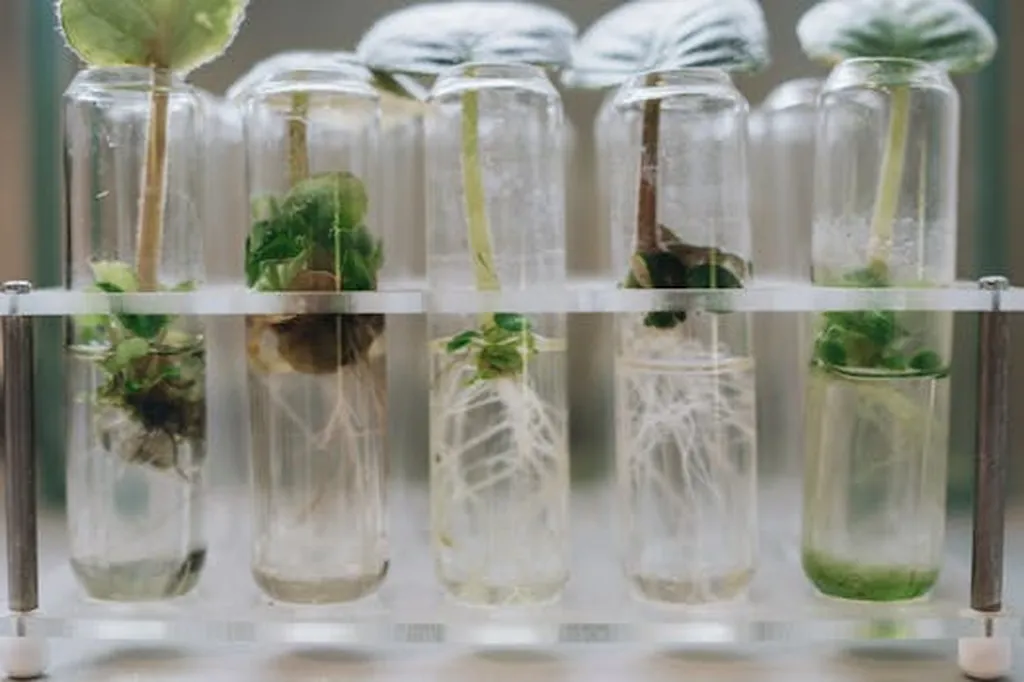In the quest to bolster global food security, a groundbreaking study published in *AgriEngineering* introduces AgroVisionNet, a hybrid deep learning framework that promises to revolutionize precision agriculture. By integrating Convolutional Neural Networks (CNNs), Vision Transformers (ViTs), and Graph Neural Networks (GNNs), this innovative approach addresses critical challenges in crop health monitoring, weed detection, and large-scale land-cover classification.
The research, led by Esraa A. Mahareek from the Faculty of Science at Al-Azhar University in Cairo, Egypt, evaluated AgroVisionNet across five diverse benchmark datasets. The results are impressive: the framework achieved an accuracy of 97.8% and an Intersection over Union (IoU) of 95.6% on the PlantVillage dataset for leaf-level disease detection, 94.5% accuracy on Agriculture-Vision for field-scale anomaly segmentation, and 92.3% accuracy on BigEarthNet for satellite-based land-cover classification. These figures not only outperform strong baselines like ResNet-50, EfficientNet-B0, ViT, and Mask R-CNN but also set a new standard for robustness and accuracy in agricultural imaging.
“AgroVisionNet’s ability to combine local feature extraction, global dependencies, and spatial relationships makes it uniquely suited for the complex and varied tasks in precision agriculture,” Mahareek explained. This hybrid approach addresses persistent challenges such as class imbalance, image quality variability, and the need for multi-scale feature integration, which have long plagued the industry.
The commercial implications of this research are substantial. For farmers and agribusinesses, AgroVisionNet offers a powerful tool for early disease detection, weed management, and land-use planning. By providing accurate and timely insights, the framework can enhance crop yields, reduce resource waste, and improve overall farm efficiency. “This technology has the potential to transform how we approach agriculture, making it more sustainable and productive,” Mahareek added.
Beyond immediate applications, AgroVisionNet’s success highlights the potential of hybrid deep learning models in other domains. The integration of CNNs, ViTs, and GNNs demonstrates how combining different architectural strengths can lead to breakthroughs in complex, real-world problems. This research could inspire further innovation in fields such as environmental monitoring, urban planning, and disaster management.
As the agriculture sector continues to evolve, the need for advanced, data-driven solutions will only grow. AgroVisionNet represents a significant step forward, offering a robust and versatile tool that can adapt to the diverse challenges of modern farming. With its proven accuracy and adaptability, this framework is poised to shape the future of precision agriculture and contribute to global food security.

